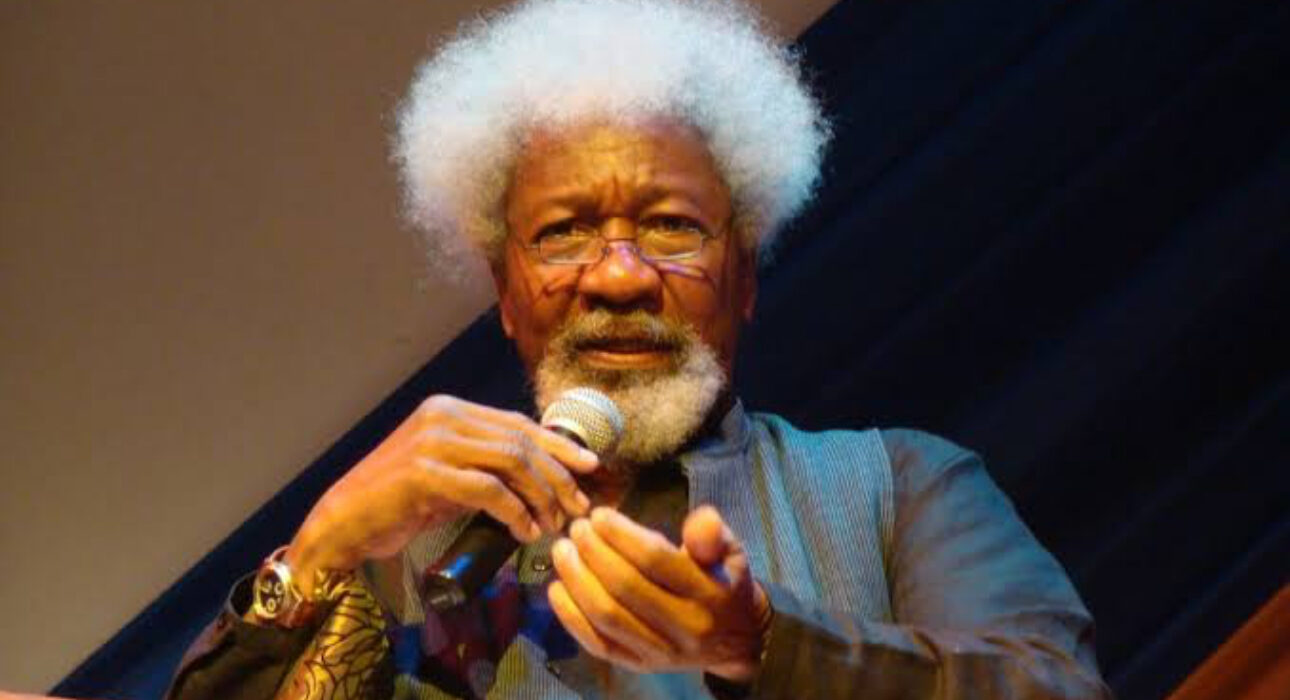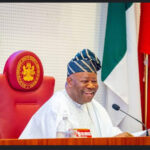Speak Indigenous Languages to Your Children, Soyinka Urges African Parents

Nobel Laureate and celebrated Nigerian playwright, Wole Soyinka, has appealed to African parents to speak their native languages to their children.
This call seeks to preserve indigenous languages and strengthen cultural identity amid growing concerns over language erosion in the continent.
Soyinka, who is deeply rooted in his Yoruba heritage, has long emphasized the critical role that mother tongues play in shaping identity, cognitive development, and cultural continuity.
“I was raised in the Yoruba language and all my creative life, not even consciously, I bring the Yoruba language to whatever language I use,” Soyinka once stated, underscoring the intrinsic connection between language and artistic expression.
The Nobel Laureate’s advocacy extends beyond personal experience. Through the Wole Soyinka International Cultural Exchange (WSICE), an annual cultural and literary festival he established, Soyinka fosters appreciation for African cultures and languages among Nigerian youth.
The event draws students from across the country to engage in cultural activities aimed at nurturing indigenous knowledge and language pride.
Academic research backs Soyinka’s position on the importance of mother tongue education. Studies such as the Ife Six Year Primary Project, led by Professor Babajide Fafunwa, have demonstrated that children learn more effectively when taught in their native languages.
This challenges the dominance of English as the primary medium of instruction in many African schools. UNESCO also endorses mother tongue education, highlighting its psychological, sociological, and educational benefits for children.
Despite these insights, many African parents tend to prioritize English or other colonial languages, often in pursuit of perceived better economic and educational opportunities for their children.
Experts warn that this trend may lead to gradual loss of indigenous languages and cultural heritage.
“Parents play a pivotal role in language preservation. Children can easily acquire multiple languages simultaneously, and speaking native languages at home does not hinder learning English or other global languages. Instead, it enriches their linguistic and cultural abilities,” noted linguists.
Wole Soyinka’s message serves as a timely reminder of the profound link between language and identity. As globalization accelerates, his call to nurture indigenous languages is not just about preserving words but safeguarding the very soul of African cultures to your Children.









